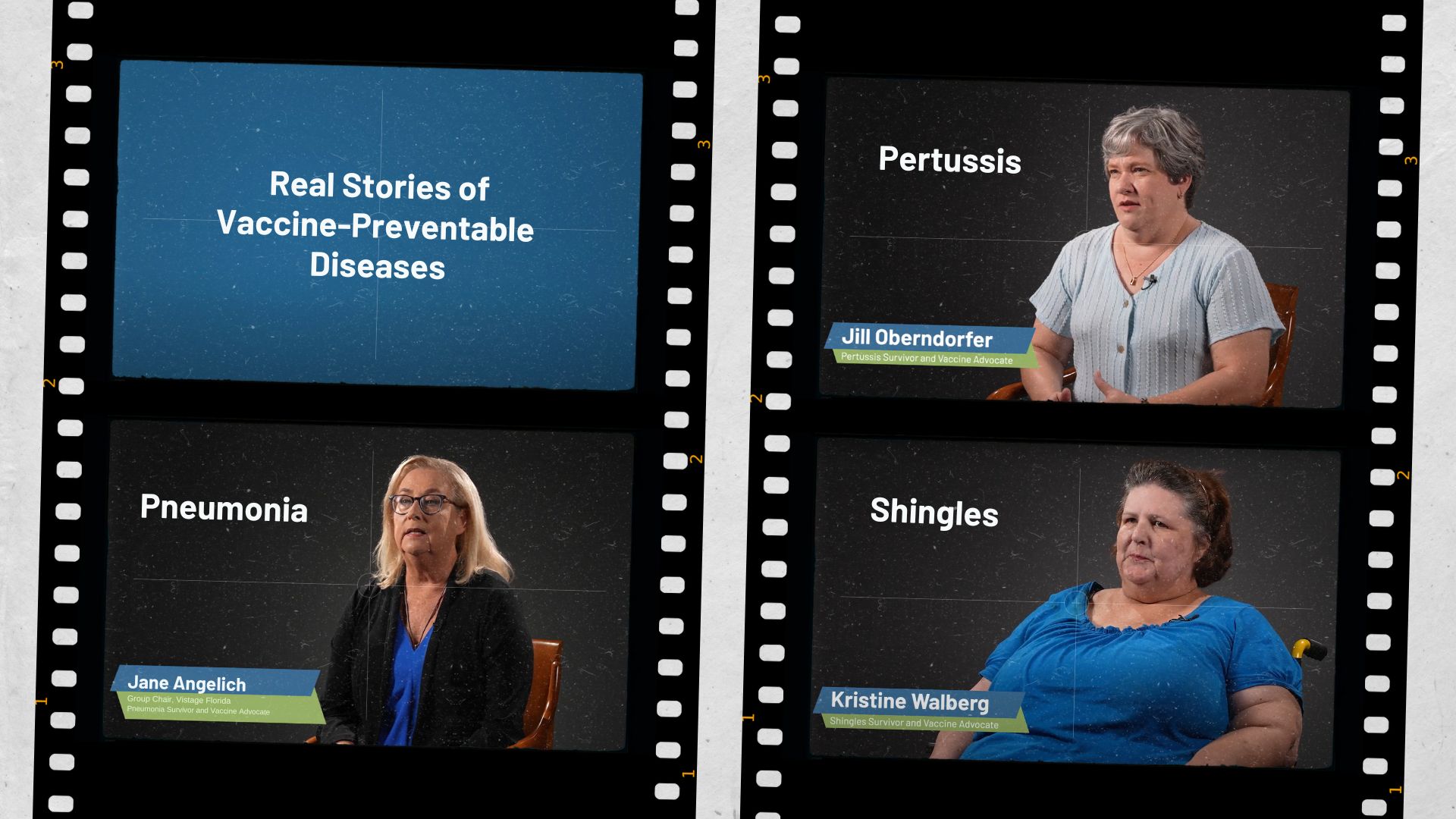
On a recent episode of the Alliance for Aging Research’s podcast, This is Growing Old, Bob Blancato, Executive Director of the National Association of Nutrition and Aging Services Programs, talked about the importance of nutrition for healthy aging. Here are some highlights from the episode, which aired on March 24 to mark National Nutrition Month.
What are some of the common problems that older people have with nutrition? And how has the COVID-19 pandemic worsened those problems?
One of the problems we have in this country is that people have access to nutrition, but not necessarily good nutrition or good food. It’s way too easy to get bad food versus having nutritious food. And in the pandemic, there’s been shortages of food for periods of time, but for older adults in particular, the impact of chronic diseases impacts your ability to want to have good food. Some chronic diseases actually could have been prevented had there been good nutrition earlier in the lifespan. We focus in particular on the growing concern of malnutrition because one in two older adults in this country is at risk of or has malnutrition, which can then also impact their immune system and their response to vaccines.
We also know that another problem that older adults have is oral health. It’s a growing issue that we’re finally paying attention to and I hope we pay attention to the extent that in the coming years or as soon as possible that Medicare will start to cover dental services.
And then, of course, social isolation, which we’ve been focusing a great deal about. A lot of people who are socially isolated and depressed often don’t eat as much, and that also contributes to malnutrition.
Then the last point is the issue of medications and how medication mixes with or affects your appetite. COVID-19 has made accessing food more difficult.
Can you provide an overview of the disparities related to nutrition and what can be done to address them?
Poverty is in fact the greatest social determinant of health and those with lower limited income face disparities related solely to just the access and affordability of food. It’s not right in this country that you can have all the access you want to junk food yet to find good nutritious food and to be able to afford it is very difficult for a lot of people in this country. And that balance needs to change. We have over 15 million older adults who are economically insecure and struggle to meet the rising costs of food. I think what we have to consider as we focus on health equity and disparities is that an older adult may have suffered these disparities a whole lot longer than other people.
March is National Nutrition Month. Why do you think an awareness month is important?
It’s all about reinforcing the message that nutrition is health. We need to show that link. We need to show this and strengthen that link. Some of the major chronic diseases that affect older adults could have been prevented or lessened with good nutrition, and we argue that good nutrition should be something that’s practiced throughout the lifespan. The theme for National Nutrition Month is Personalize your Plate, in order to promote creating nutritious meals, to meet individuals’ cultural and personal food preferences. This is an opportunity during March to advocate for more culturally relevant meals and their significance.
Listen to the full episode here:






